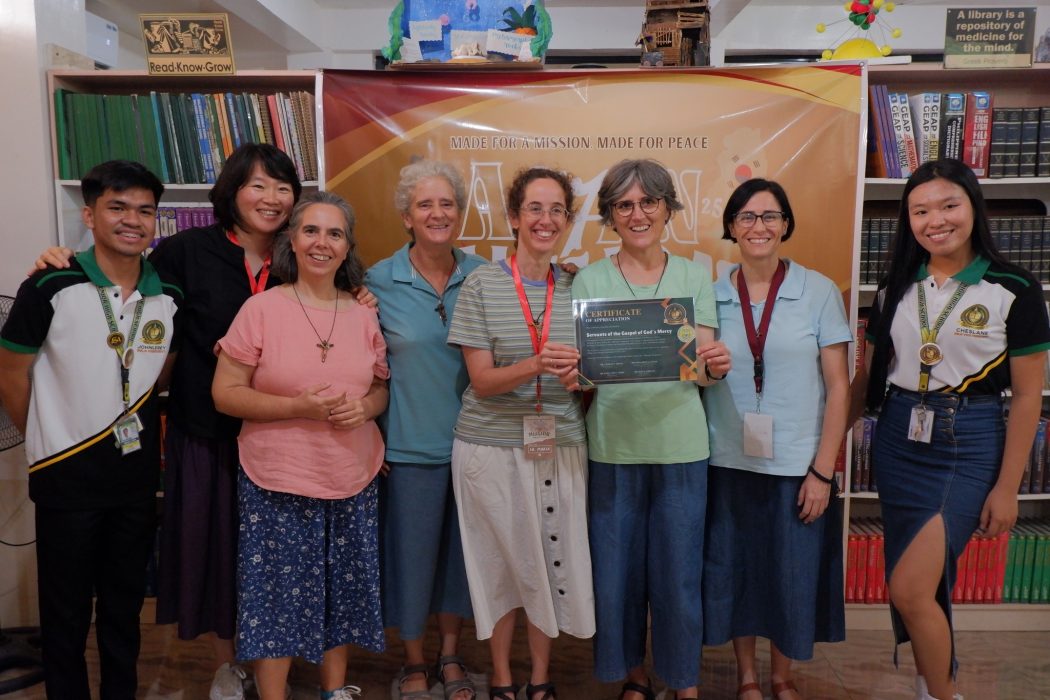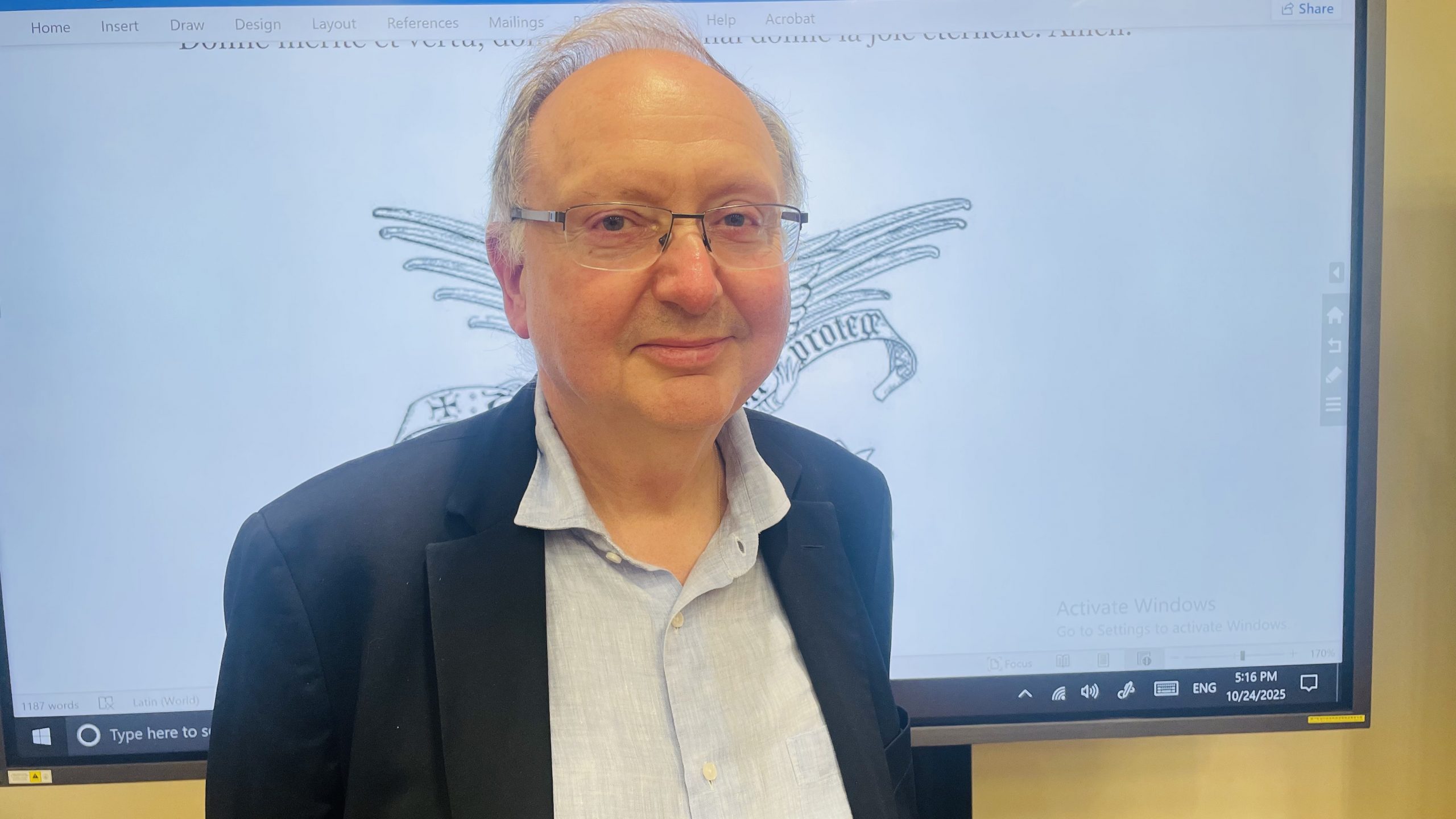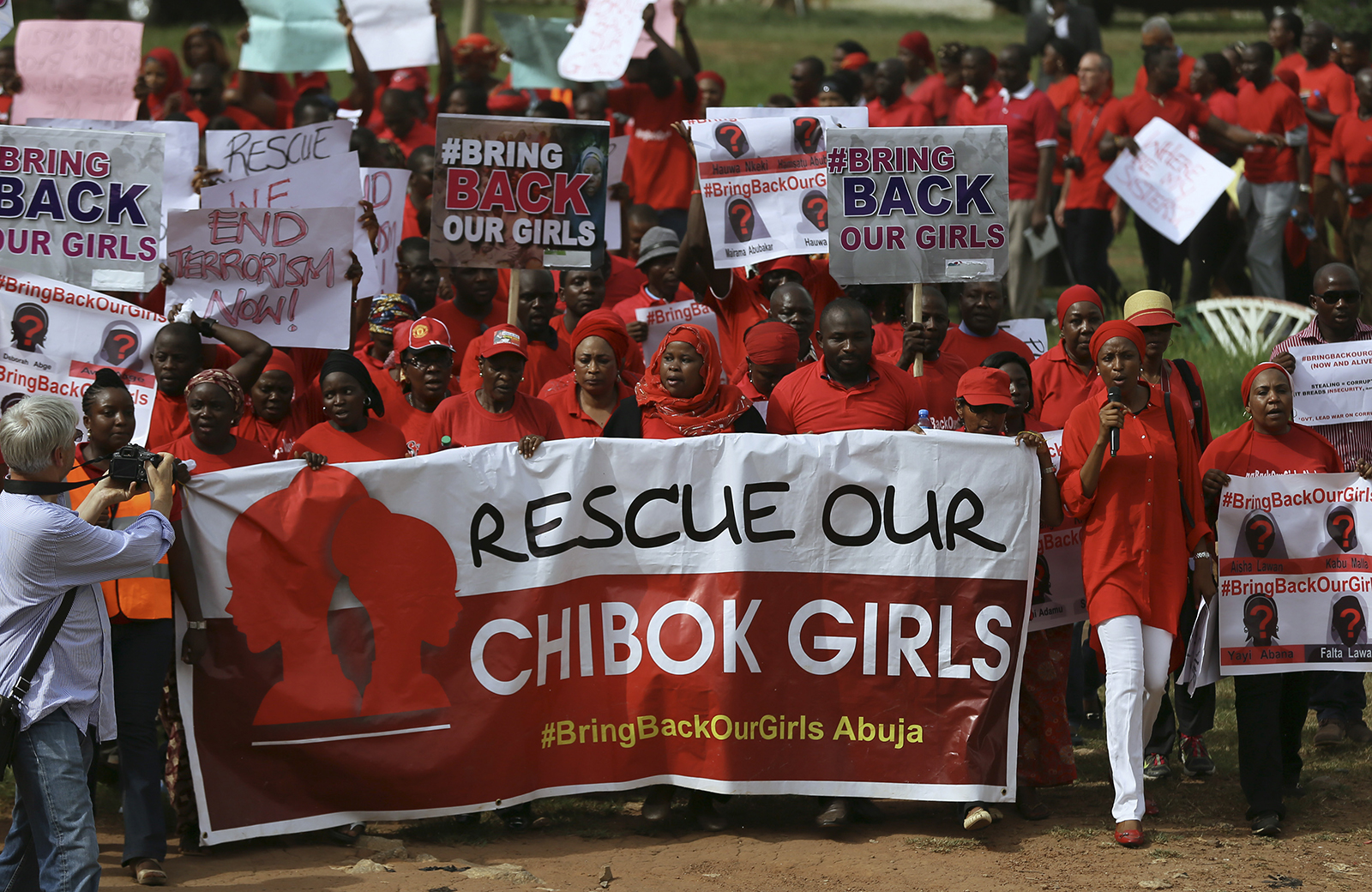Joaquim Magalhães de Castro
The seventh edition of the ‘Asian Mission’ initiative, which this year had as its motto “prepared for the mission; prepared for peace” was comemorated last February. This Catholic event brought together 50 participants, including eight young people from Japan, five from South Korea (more specifically from the diocese of Daejon), and the rest from the Philippine parishes of Nampicuan, San Fabian and Malasiqui, with 30 of these young people being part of the group ‘Servants Missionary Youth’.
The annual meeting, organized by the Congregation of the Servants of the Gospel of Divine Mercy, took place this year in San Carlos, in the Philippine province of Pangasinan, from February 6 to 16.
But there are glaring differences among the young people who participated. While the overwhelming majority of young Filipinos suffer from material issues such as poverty and social exclusion, young South Koreans and Japanese struggle with emotional dilemmas, such as the anxiety caused by their parents regarding their prospects for success within a competitive, rigid and demanding social system, which is why the suicide rate in these societies is high.
The ‘Asian Mission’ initiative aims to support all these young people, regardless of the nature of their afflictions. It is urgent to raise awareness among young people about realities that are different from their own; so that they can put themselves in the shoes of their fellow man. This is always an enriching experience.
As Sister Ana Palma, a Spanish missionary who has lived and worked in the Philippines since 2015, states, “everyone must experience ‘human fraternity’ as a whole”; sharing the blessings and difficulties, the joys and sorrows, through “pastoral activities involving young people, children and university students”.
At Pangasinan State University, for example, young people meet with the educational institution’s pastoral staff to share life experiences in their respective societies and discuss ways to promote peace. “In general, games, workshops and key meetings are held on human values such as freedom of expression, dignity and work, always taking into account the age group”, explains the Andalusian nun in an interview given to Pascale Rizk, a reporter for the Fides news agency.
San Carlos is located just 122 kilometers from Manila; it is characterized poverty. There, people seek sustenance in agriculture. Families are made up of an average of five or six people and, in addition to agricultural work, the construction of bamboo houses, called ‘bahay-kubo’, is also a common task. The daily wage is 450 pesos, which is equivalent to around 9,900 pesos per month, or around 200 euros. For comparison: women who do cleaning work receive 350 pesos per day. It is obvious that, with such an income, families will find it difficult to enroll their children in university; and, when they have the opportunity to do so, they choose those that have the best prospects for success.
Parishes are doing what they can: awarding university scholarships of 1,500 pesos (about 26 euros) per month throughout the school year.
“My community,” explains Sister Ana, “sponsors 20 students with 1,750 pesos – 360 euros per year –, money generated by private donors. Our work is primarily aimed at giving young people the confidence to change their lives. We encourage them to discover their potential, talents and abilities. Unfortunately, the reality of poverty crushes them daily, a fact that makes them underestimate their true potential.”
According to Sister Ana, young people who are unable to continue their university studies help their parents in the fields and on construction sites, and the girls wash clothes by hand for families who do not have a washing machine. Many female university students have difficulty paying their tuition fees and therefore often turn to prostitution.
In addition to working with young people, the missionaries of the Congregation of the Servants of the Gospel of Divine Mercy are involved in children’s catechesis in parishes, in distributing the Eucharist to the elderly – going door to door to do so – and in various educational, recreational and entertainment programs for young people. Every week, the missionary community meets with the ‘Servant Missionary Youth’ youth group to pray.
“The strength and power of prayer are very important. Filipino Catholics have a strong sense of popular piety,” emphasizes the Iberian missionary born in Granada.
Sister Ana confesses to being very happy to see these young people, who come from very poor families – she knows, for example, a family with fourteen members – being able to attend higher education. Many of them take courses in nursing and political science and education. “It is beautiful to see how they mature, even though, unfortunately,” laments Sister Ana, “many are leaving the Catholic Church.” ica to join the ‘Born Again’ sect, attracted by the music and excitement they find there.”


 Follow
Follow


